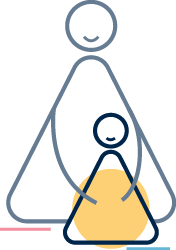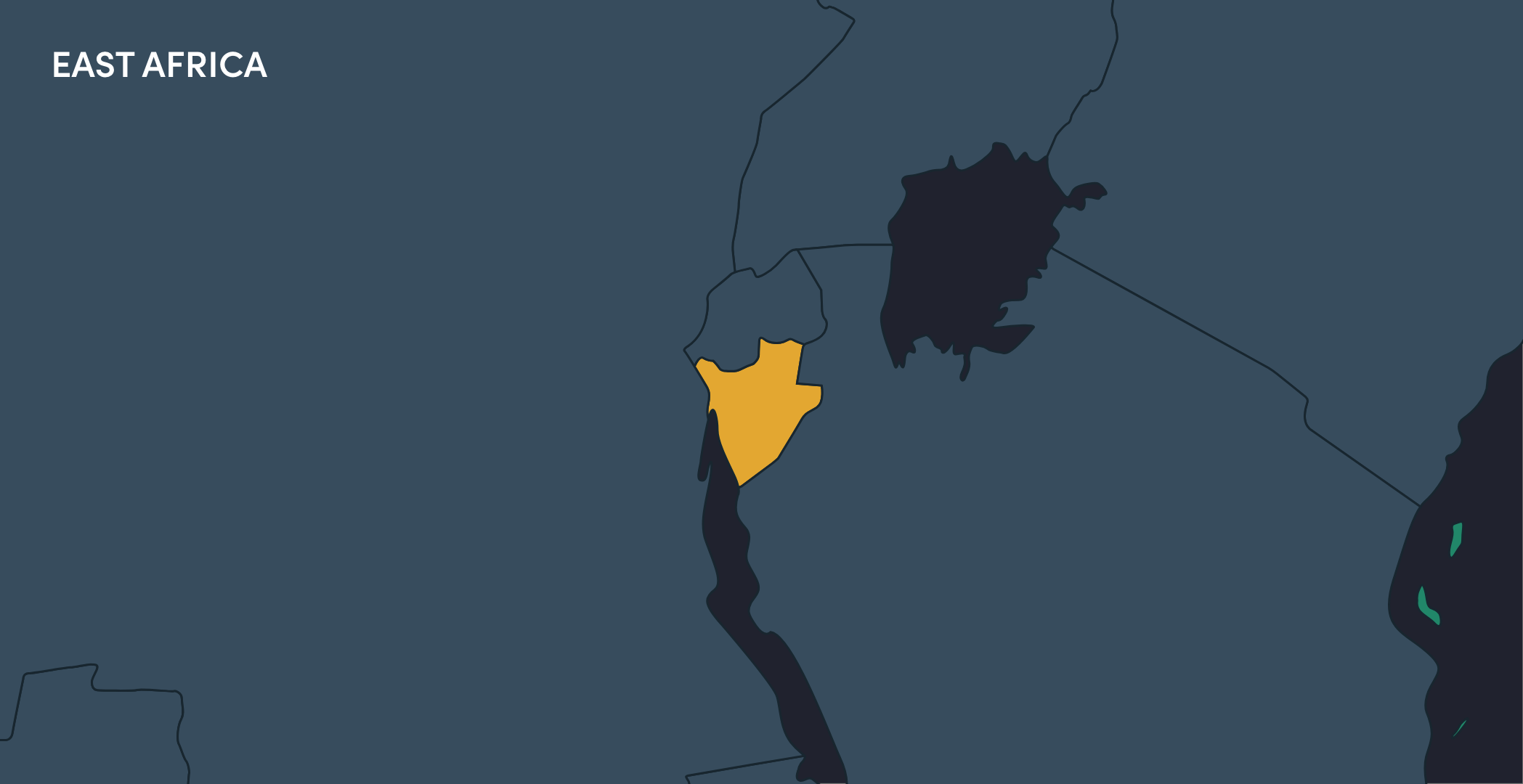Children with disabilities are nearly 3 times more likely to experience sexual violence than children without disabilities. Factors associated with increased risk include social and cultural exclusion, limited availability and access to specialized services, and persistent negative cultural beliefs and stigma. Moreover, perpetrators of child sexual violence are often friends or family members themselves.
Following a civil war between 1993 and 2005, Burundi is still rebuilding its infrastructure and trying to overcome the impact of long-term violence on communities, families and children. Children with disabilities are completely dependent on family caregivers who often lack time, resources, and the skills needed to support their development, which make them particularly vulnerable to sexual violence.
This evaluation examined Ubuntu Care Project’s interventions at three levels: the individual child, the family, and the community. Evaluation results highlighted several positive outcomes including increased knowledge and awareness about sexual violence and inclusiveness. Evidence of behavior change as a result of the program was less strong.

KNOWLEDGE AND ATTITUDES
As a result of the intervention, many children, parents, and
community members acquired new knowledge about disabilities, sexual violence, and child protection. There was increased awareness that children with disabilities should be treated the same as those without. Program participants also learned where and how to report incidents of sexual violence.

INCLUSIVE BEHAVIOR
Changes in participants’ behavior towards children with disabilities was mixed and inconclusive. However, some positive behaviors were reported and included inviting children with disabilities into school games. Some parents also improved their caregiving behaviors, including seeking medical care for child survivors of sexual violence, though many were still reluctant to report the abuse.
SOCIAL NORMS
Medical and legal service providers’ awareness of the health needs of children with disabilities increased, although it is unclear whether this led to improved care. Despite an increase in community’s knowledge, there was no indication of sustained attitude and behavior change. The belief that children with disabilities are a burden persisted.
It is important to consider issues of communication and free speech in the intervention plan. A neutral facilitator should conduct interviews to ensure open and honest feedback.
Intervention sites should be geographically limited to overcome logistical challenges and reach the entire target population.
Program implementers must be well equipped with the skills and resources to adequately build the capacity of local community facilitators.
Ongoing quantitative monitoring and tracking systems are critical to assessing project fidelity. While qualitative data is important, supplementary quantitative data is needed to better measure program outcomes.
Using a Community-Based Rehabilitation approach, the Ubuntu Care Project empowers children to become key actors in their own protection and supports other stakeholders to create a safe protective environment. The intervention works at six levels, though the final three were not included in the current study:
- Children are empowered with information, education, and opportunities to participate in society and decision-making processes, especially those with disabilities.
- Parents receive home visits from community peer educators for positive parenting training and receive information on the rights of children with disabilities.
- School teachers and directors receive information about child protection and sexual violence as well as the psychological and physical needs of children with disabilities.
- Medical and legal service practitioners are trained on strategies for providing coordinated care to child victims.
- The broader community is sensitized on child protection, sexual violence against children, and disability issues through awareness-raising campaigns.
- Policy advocates are encouraged to promote the incorporation of disability rights and child protection into national laws and policies.
Melanie Geiser, Country Director
Humanity & Inclusion
www.hi-rwanda.org
m.geiser@hi.org
Would you like a concise two-pager on this study? Download the evidence brief!





